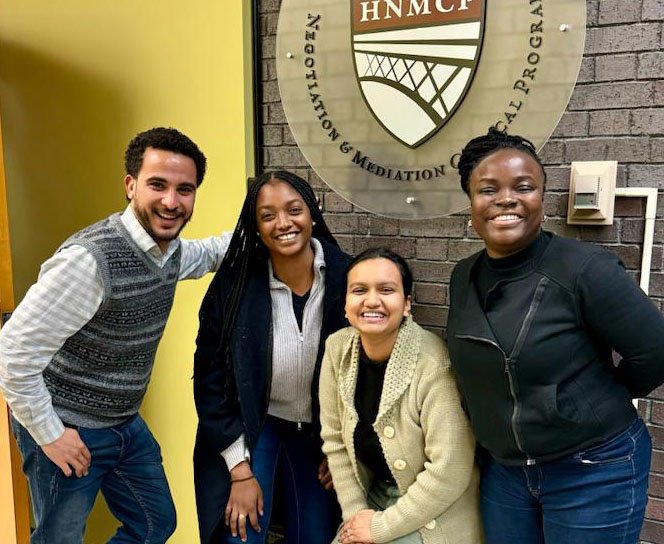
Semester: 2024 Spring
Students: Khaled Emam, Janira Borges, Twyla Barkakoty, and Bertha Aniagyei
The John F. Kennedy Center for the Performing Arts is America’s living memorial to President John F. Kennedy and the nation’s cultural center. Under the guidance of Chairman David M. Rubenstein and President Deborah F. Rutter, the nine theaters and spaces of the Edward Durell Stone building and ten flexible spaces of the REACH, make the Kennedy Center one of the nation’s busiest performing arts campuses attracting more than three million audience members and visitors each year to more than 2,000 performances, events, and exhibits. Guiding the Center’s mission are three pillars—World-Class Art, Powerful Education, and Memorial Destination—and the aspirational ideals of President Kennedy, who believed that art is foundational to a thriving civil society.
The Center is comprised of several departments that engage in various types of negotiations as part of their daily functioning (e.g. Artistic Programming negotiates terms and agreements with visiting artists and acts; Campus Rentals negotiates terms and price for use of the Center’s rental venues; Operations negotiates contracts with federal employee unions).
As The Kennedy Center thinks through how it can best equip its senior staff for leading effective negotiations on behalf of the organization, it has engaged the Dispute Systems Design Clinic to work with its various departments to assess the current state of preparation for and evaluation of negotiations at the Center and offer recommendations for standardizing both processes. This will allow The Kennedy Center to deliver more successfully on its mission and contribute further to American culture and the arts.
Students will:
- Interview members of each department to understand dynamics and activities;
- Facilitate focus groups with key colleagues involved primarily in negotiations across relevant departments;
- Conduct secondary research into best practices engaged in other organizations that engage in frequent and large scale negotiations;
- Develop additional guidance that reflects the assessment findings and secondary research to help the Center as it seeks to standardize preparation for and evaluation of its negotiations.
